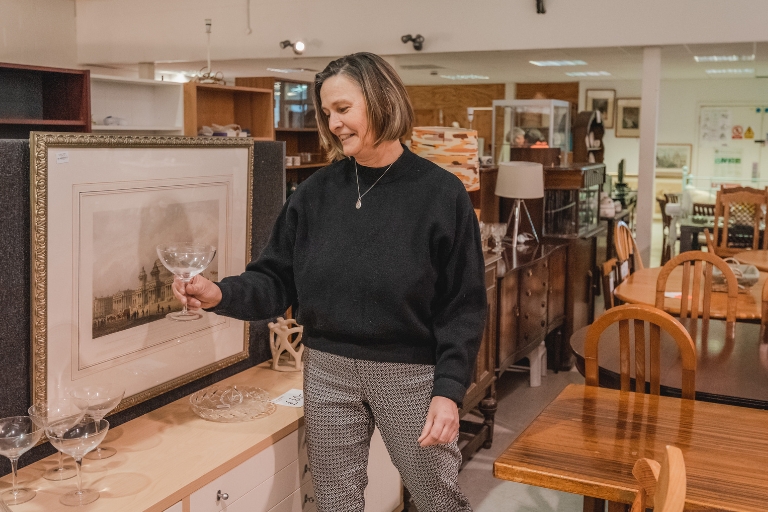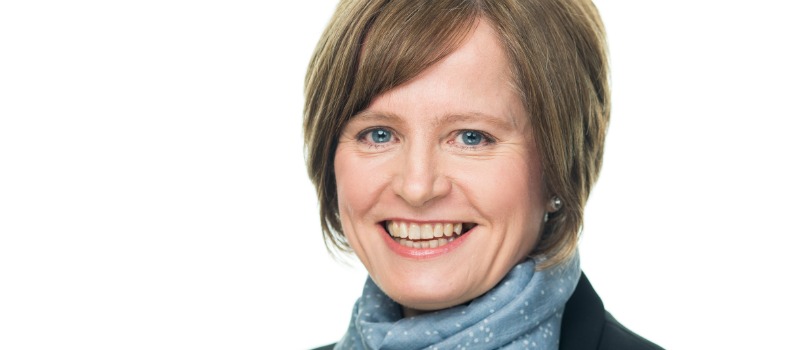NHS 10 year plan: We need more emphasis on end of life care
Patricia Brayden, our Medical Director, shares her thoughts on the Government’s recently released 10 year plan for the NHS.
“I was encouraged to see that the NHS intends to work with patients, families, local authorities and voluntary sector partners, like hospices, to provide personalised care to improve end of life for patients. It was also good to note that via Personal Health Budgets (PHB) in years to come, people receiving end of life care, will have greater choice and control over this.
While the above – and an announcement about more funding for childrens hospices – are both positive steps for end of life care, overall I couldn’t help but notice that there wasn’t much attention given to the end of life. In a plan that spanned 136 pages, and a cradle to grave service, only two paragraphs mentioned palliative or end of life care. This isn’t enough.
Last year a survey found hospital nurses don’t feel they have adequate time to provide high quality care to dying patients. And another report found that doctors need to get better at having difficult conversations with dying patients. So we know that, across the NHS, more investment and training around end of life care is needed.
This need for training has been recognised within the plan. The NHS said they will roll out training to help staff identify and support patients approaching end of life. This should help NHS colleagues feel more confident caring for someone approaching the end of their life. But the NHS hasn’t been clear about how this training will be funded or delivered.
The NHS has also said it will introduce proactive and personalised care planning for everyone identified as being in their last year of life. Again, this is hugely positive in theory as personalised care will offer better quality care, and hopefully reduce pressure on other stretched NHS services; by stopping unnecessary emergency admissions, and making sure that, whenever practical, people die in a place of their choosing. Everyone deserves that. Whilst we can’t change the fact that people die, we can change how their deaths are remembered by the people left behind, and to make sure that as far as possible, people are comfortable, and that their wishes are met.
Demand for NHS and hospice services is only going to increase in the future. Our local population is ageing, and people are living longer with more complex health conditions. As these people reach the end of their lives, they will need more help and support. The NHS plan isn’t really clear about how it will meet – or fund – this increased demand and the Government hasn’t yet published its plans for social care, which is equally important. Yet we know that hospice care – expert care renowned for being tailored to the need of each individual – has to be part of the solution. That’s why last year St Catherine’s launched the Full Circle Appeal to raise £20 million. The appeal includes progressing plans for a new, larger hospice at Pease Pottage which will help make sure that in years to come nobody in our community has to face death and loss alone.
Our vision at St Catherine’s is ‘a world where everyone can face death informed, supported and pain free.’ This is ambitious but it’s not impossible. However, it relies on the NHS investing more than two paragraphs to end of life care in their long term plans.”
If you are interested in joining us at the hospice, to view our latest vacancies please click here, or to find out more about how the hospice can offer you, or your staff, training around supporting facing end of life and bereavement please contact Sara Stevenson-Baker, External Clinical Educator at St Catherine’s on 01293 4473511.












